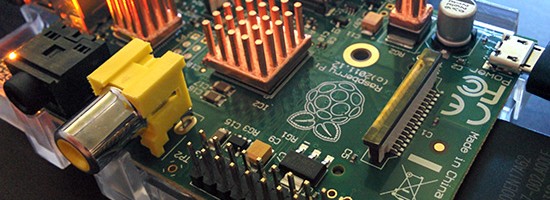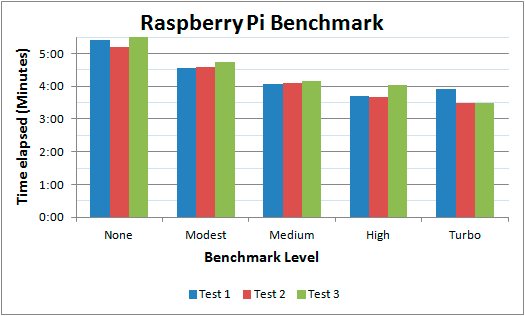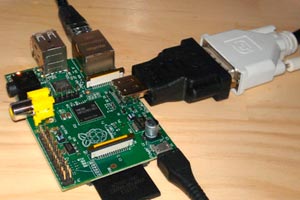
Raspberry Pi heat sinks – are these needed to keep things cool and running optimally or overkill? Two years ago I purchased a small 3 piece set of copper heat sinks from Ebay for my Raspberry Pi, I was intending to compare the temperature differences with and without them. This was inspired from the testing I did in my Raspberry Pi overclocking benchmarks however I just never got around to putting the heat sinks to use – until now!

